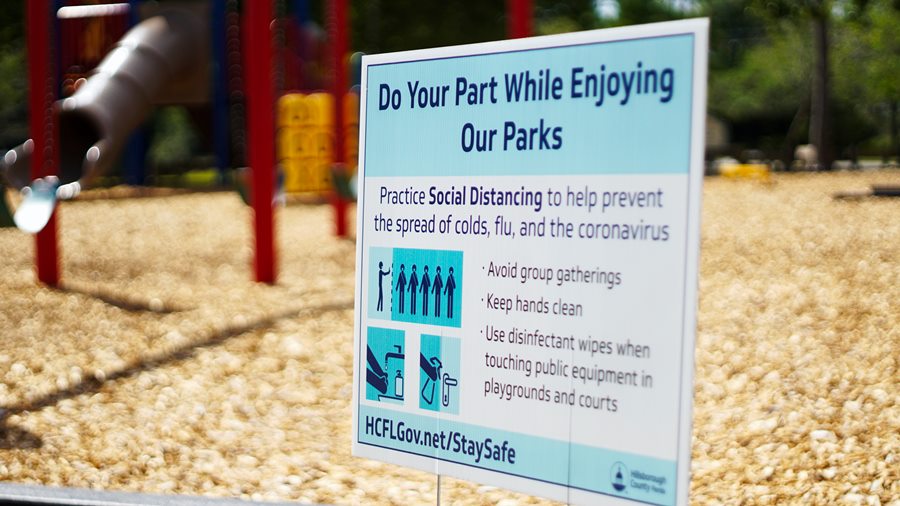Health
How does extreme cold or heat impacts the coronavirus?

WHAT YOU NEED TO KNOW:
- Experts worldwide disputes claim that hot or cold temperature can eliminate coronavirus.
- While the WHO says strains of coronaviruses are like other infections, the same thing can’t be said about the COVID-19 now.
- CDC recommends social distancing and stay-at-home measures to help curb the spread of coronavirus.
All over the world, the coronavirus outbreak has impacted many lives, and governments race against time to curb the spread of COVID-19.
Health experts are still on the process of knowing exactly how the virus endures and spreads, and one of the factors they are looking into is the temperature’s role in that process.
Currently, though, there are some certain virus behaviors that experts already know, based on available data, and how other known infections move.
First, an individual exposing himself to the sun will not eradicate the coronavirus.
Because temperatures exceeding 75 degrees does not have weight against the virus, thus, no place in the country or are in the world is considered safe only because of the climate.
According to the World Health Organization, regardless of temperature, any country, even those that have a hot climate, are facing coronavirus cases. Washing the hands more often, and never touching the mouth, eyes, and nose are one of the most practical ways to protect yourself.
Still, as of today, the question still lingers about the coronavirus’ seasonality. At the early stage of the pandemic,
Early on in the outbreak, experts theorized that COVID-19 should be like other strains in the family of coronaviruses; thus it could also have shorter lifecycle at hot temperatures as typical illnesses find it ideal for spreading during colder seasons.
However, the same cannot be ruled out with the coronavirus, at least not until the seasons shift, and more research is conducted.
According to the Centers for Disease Control and Prevention (CDC),
data is insufficient in as far as the link between the temperature and virus
inactivation is concerned, as it will also depend on factors such as
environment and materials of the surface.
The World Health Organization (WHO) also notes that there is not enough proof that a colder temperature can eliminate nor has a severe effect against coronavirus. The organization also added that an individual’s average body temperature is usually around 98 degrees, notwithstanding external heat or cold.
Additionally, exposing COVID-19 to extreme temperatures by the use of tools such as UV rays, hot baths, ice baths, and hand dryers and other similar methods will not likely kill the infection. Chlorine or drenching yourself with alcohol spray will not work either.
WHO also cautioned that trying the said methods could impose harm to health, such as skin burn and irritation.
CDC recommends the most practical thing to do for now is to practice social distancing, maintain overall clean hygiene, and staying home to help flatten the curve and curb the spread of coronavirus. Also, the agency is now advising everyone to wear a face mask whenever going outside.
Source: AOL
